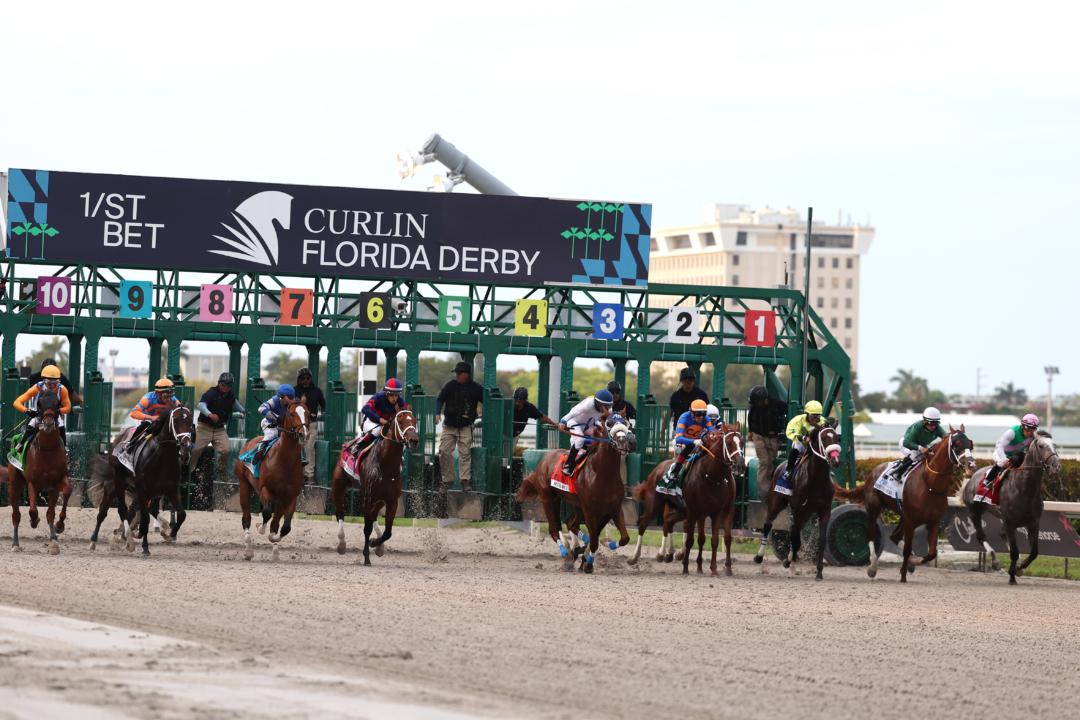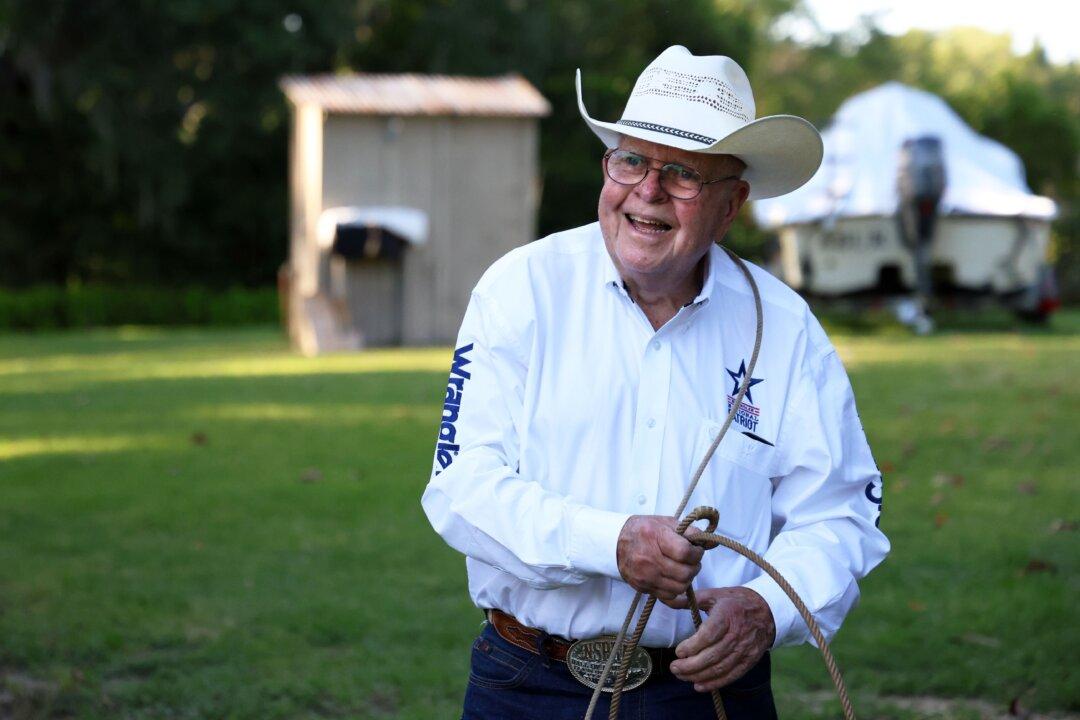Floridians associated with the state’s horse industry say they’re worried about the potential effects of a bill that’s moving through the state Legislature.
The proposed legislation—House Bill 105 and Senate Bill 408—would “decouple” horse racing from pari-mutuel betting.




